India-US trade talks: New Delhi toughens stance on farm tariffs, Jaishankar hopes for ‘successful conclusion’

Speaking at Newsweek headquarters in Manhattan, Jaishankar said discussions were “more than the middle” of the negotiation process, adding, “Obviously, my hope would be that we bring it to a successful conclusion. I cannot guarantee it, because there’s another party to that discussion.”
He emphasised the need for both nations to find a “meeting ground” on outstanding issues.
“There will have to be give and take,” Jaishankar said. “Just like the US or people in the US may have views about India, people in India have views about the US too. And we’ll have to find a kind of meeting ground. I believe it’s possible.”
An Indian delegation led by commerce department special secretary Rajesh Agrawal is currently in Washington DC for negotiations on an interim trade agreement.
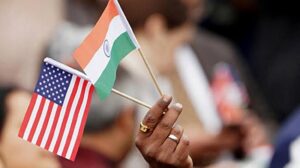
The team’s stay, initially planned for two days from June 26, has been extended twice as talks have stretched into their second week.
India has reportedly hardened its position on agricultural duty concessions to America.
The proposed deal comes ahead of the July 9 deadline for the full implementation of a 26% reciprocal tariff on Indian goods imposed by President Donald Trump in April and temporarily suspended for 90 days.
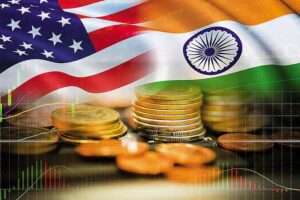
“If the proposed trade talks fail, the 26% tariffs will come into force again,” an Indian official said.
At the White House, Press Secretary Karoline Leavitt told reporters Monday that Secretary of Commerce Howard Lutnick was in the Oval Office with President Trump “finalising these agreements,” adding that the administration would announce developments “very soon.”
“You’ll hear from the President and his team, his trade team very soon when it comes to India,” she said.
India has been reluctant to grant duty concessions on sensitive sectors such as agriculture and dairy, which are politically fraught given the dominance of smallholder farmers in India’s economy.
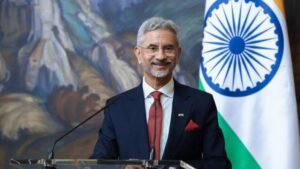
The US is demanding market access for agricultural items including apples, tree nuts, and genetically modified crops, as well as industrial goods, electric vehicles, wines, and petrochemical products.
India, meanwhile, is seeking tariff concessions for labour-intensive exports such as textiles, gems and jewellery, leather goods, shrimp, and select fruits.
Jaishankar described the negotiations as “very, very intense,” involving “thousands of lines and very intricate trade-offs,” saying, “These are not simple, back-of-the-envelope calculations… If they can get a fair balance, you will get an outcome… But things being what they are, it’s not done till it’s done.”
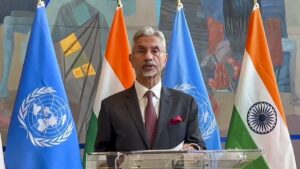
The two countries aim to conclude talks for the first tranche of a bilateral trade agreement by fall this year, targeting a doubling of bilateral trade to $500 billion by 2030 from the current $191 billion. India’s merchandise exports to the US rose 21.8% to $17.25 billion in April-May, while imports increased 25.8% to $8.87 billion.
The Global Trade Research Initiative (GTRI) has cautioned against permanent tariff reductions on US farm goods, warning that subsidised American products could threaten the livelihoods of India’s small farmers and undermine national food security.
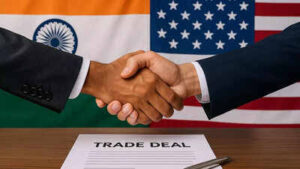
US products like rice, dairy, poultry, and GM soy benefit from deep subsidies and it gives them an unfair advantage over Indian producers, it said.
“Tariff cuts on US farm goods could undermine India’s food security by exposing small farmers to cheap, subsidised imports and global price volatility,” GTRI Founder Ajay Srivastava said.









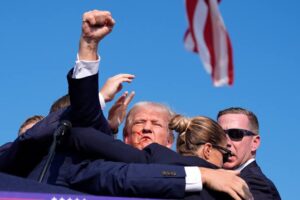
More Stories
From Bullet to Battle Cry: Trump Claims ‘Stronger Than Ever’ One Year After Pennsylvania Shooting
Hindus are not safe under Yunus Raj in Bangladesh, businessman beaten to death; danced on dead body too
Nimisha Priya:The Hidden Battle to Save Kerala Nurse from Execution in Yemen